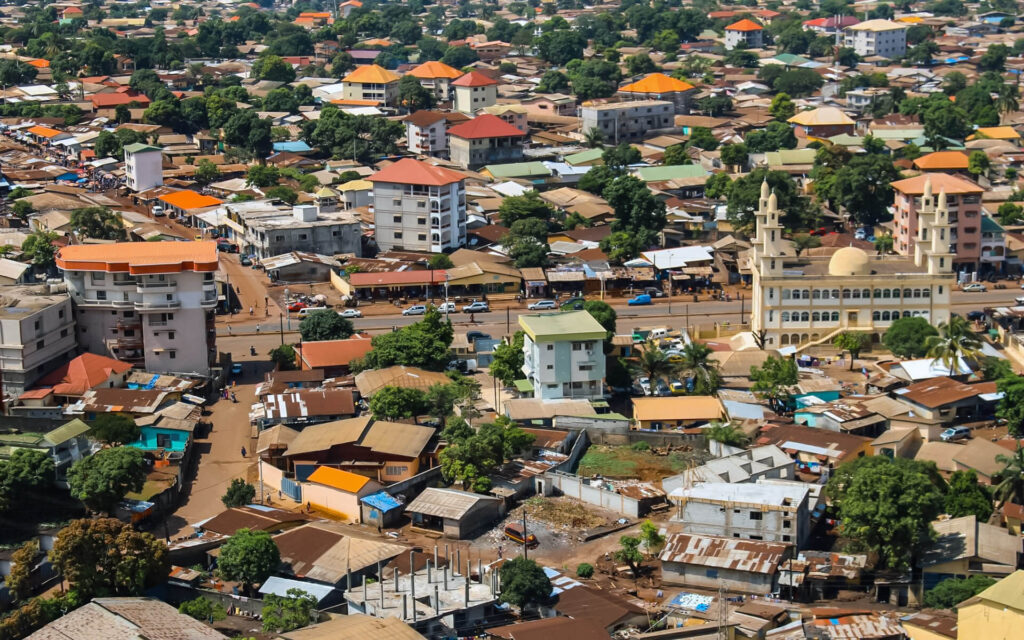
In recent months, Guinea has been grappling with severe electricity problems that have significantly affected the daily lives of its citizens and posed challenges to the country’s economy. The nation’s inadequate power infrastructure, coupled with a lack of investment and maintenance, has resulted in a deteriorating electricity situation that demands immediate attention.
Guinea, a West African country blessed with abundant natural resources, has long faced difficulties in ensuring a reliable electricity supply to its population. However, the current crisis has reached unprecedented levels, leaving citizens frustrated and industries struggling to function efficiently.
One of the main contributors to the electricity problems in Guinea is the outdated and overburdened power infrastructure. Many power plants and transmission networks are outdated and unable to meet the growing demand for electricity, which has surged due to population growth and increased industrial activities. Frequent power outages, ranging from hours to days, have become a common occurrence across the nation, disrupting daily routines and hindering economic productivity.
Furthermore, insufficient investment in the electricity sector has compounded the situation. Guinea has faced financial constraints and a lack of funding for infrastructure development, leading to limited capacity for expanding power generation and improving transmission networks. The lack of investment in maintenance has also resulted in deteriorating infrastructure and a higher susceptibility to breakdowns.
The electricity crisis has had a profound impact on the citizens of Guinea. Many households and businesses are left without power for extended periods, impeding access to essential services and hindering economic activities. Students struggle to study without proper lighting and access to electronic devices, while hospitals and healthcare facilities face immense challenges in providing adequate care to patients. Moreover, the lack of electricity disrupts daily chores, such as refrigeration for food storage and access to clean water, further affecting the quality of life for many Guineans.
The economic ramifications of the electricity crisis are significant. Industries such as manufacturing, mining, and agriculture heavily rely on a stable power supply to operate effectively. With frequent power outages, businesses face production delays, decreased output, and increased costs due to the need for alternative power sources, such as generators. This hampers competitiveness and foreign investment, hindering Guinea’s overall economic growth and development.

In response to the escalating electricity problems, the government of Guinea must prioritize revitalizing the power sector. Urgent measures include attracting foreign investment to fund infrastructure development, upgrading existing power plants, and improving transmission networks. Collaboration with international organizations and neighboring countries with surplus power could also offer short-term relief while long-term solutions are implemented.
Additionally, promoting renewable energy sources, such as solar and hydroelectric power, can diversify Guinea’s energy mix and enhance its resilience against future electricity crises. Such initiatives can provide sustainable, clean energy solutions while reducing dependency on fossil fuels.
Addressing the electricity problems in Guinea requires a multi-faceted approach, involving both government and private sector participation. Prioritizing investments in infrastructure, implementing efficient maintenance practices, and exploring renewable energy sources are key steps towards ensuring a reliable and sustainable electricity supply for the citizens of Guinea, thereby fostering economic growth and improving the overall well-being of the nation.
